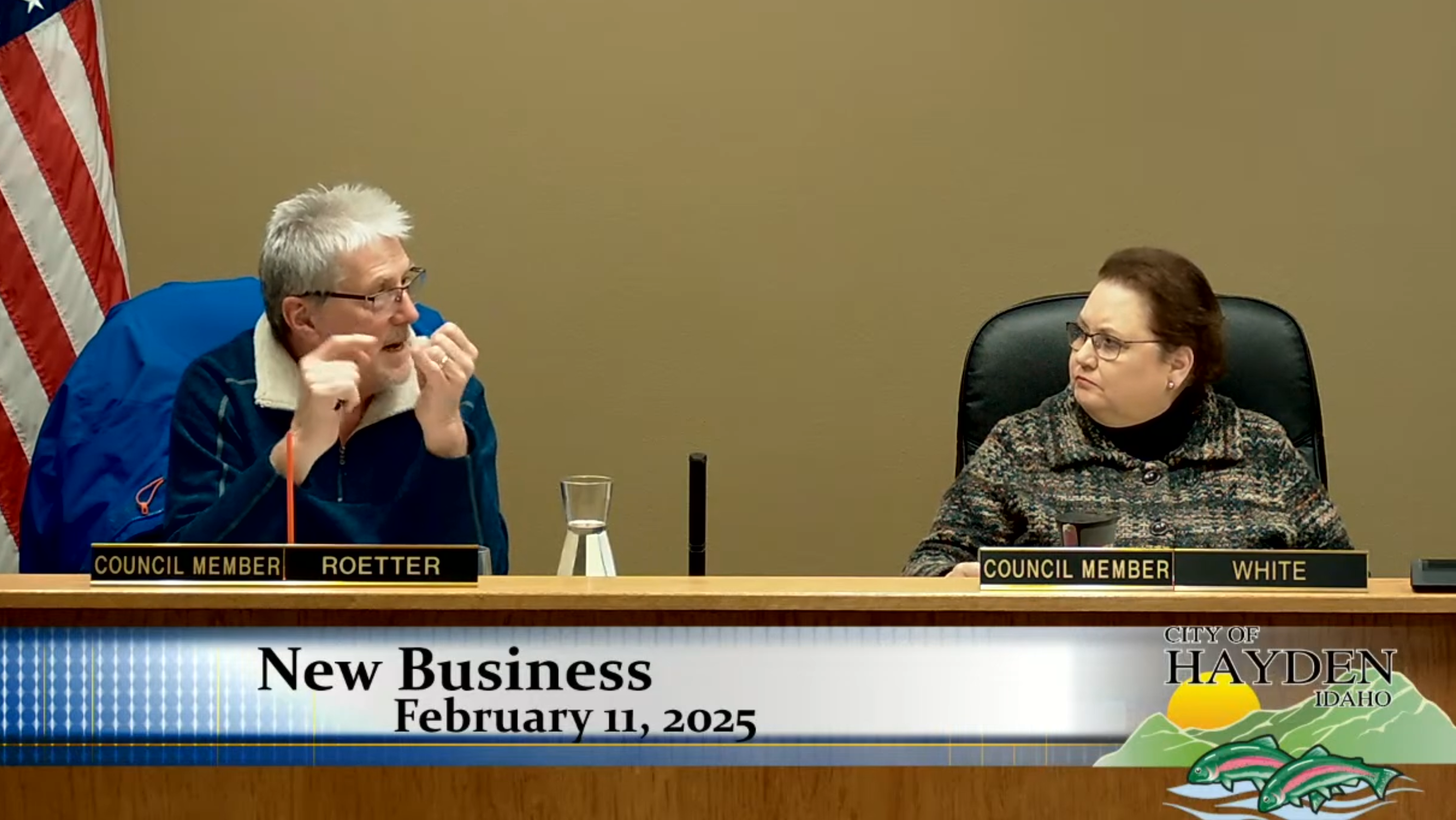Letter to the Editor
It is a common misconception that when a lawsuit is filed, a trial by jury will swiftly and inevitably follow. In reality, about 95 percent of civil lawsuits never go to trial.
The Idaho Rules of Civil Procedure govern state court cases generally, and the Federal Rules of Civil Procedure govern federal cases generally, while statutes govern the specific types of lawsuits. Below is a basic progression of an average civil lawsuit from start to finish.
The first phase is called the pleadings phase. A plaintiff (or person initiating a lawsuit) will file a complaint describing how the defendant (person, corporation, or entity being sued) acted in a way to cause harm to the plaintiff and the legal reasons for holding the defendant responsible for those damages. The plaintiff must then serve the defendant with the complaint to give them notice a lawsuit has been filed. The defendant must answer the complaint, which gives the defendant’s side of the story. In sum, the complaint and answer provide the issues for the court to decide.
The next phase is called discovery. Both the plaintiff and the defendant have an opportunity to gain more information by asking questions of the other side through both written form and depositions. In depositions, witnesses are questioned under oath.
After discovery, the parties will generally begin the motions phase, which can potentially eliminate some of the issues that need to be decided in a trial. In some cases, motions can resolve the case in its entirety, eliminating the need to go to trial.
Depending on the result of the motions phase, a case would then go to trial. Keep in mind at any point up until the time of trial, the parties can mutually agree to settle the case, which occurs the majority of the time. In general, the timeframe from case filing to a trial is about a year.
At any time before or during a trial, a preliminary injunction may be issued. This is a court order to keep the status quo until the case has been decided with more finality. If a preliminary injunction is awarded, a party must do or refrain from doing something until the entire case has been decided. For example, if a case challenging the validity of a newly passed law is granted, the law may not be enforced until the case is fully decided. The party requesting a preliminary injunction must show that they will endure irreparable harm if the status quo is not maintained.
If a trial result seems faulty to one party, that party can file an appeal. In an appeal, a judge will review the case for legal errors. The appeals court will either affirm the result from the trial, or find there was indeed an error and reverse the decision.
by Kate Hartley, Attorney






